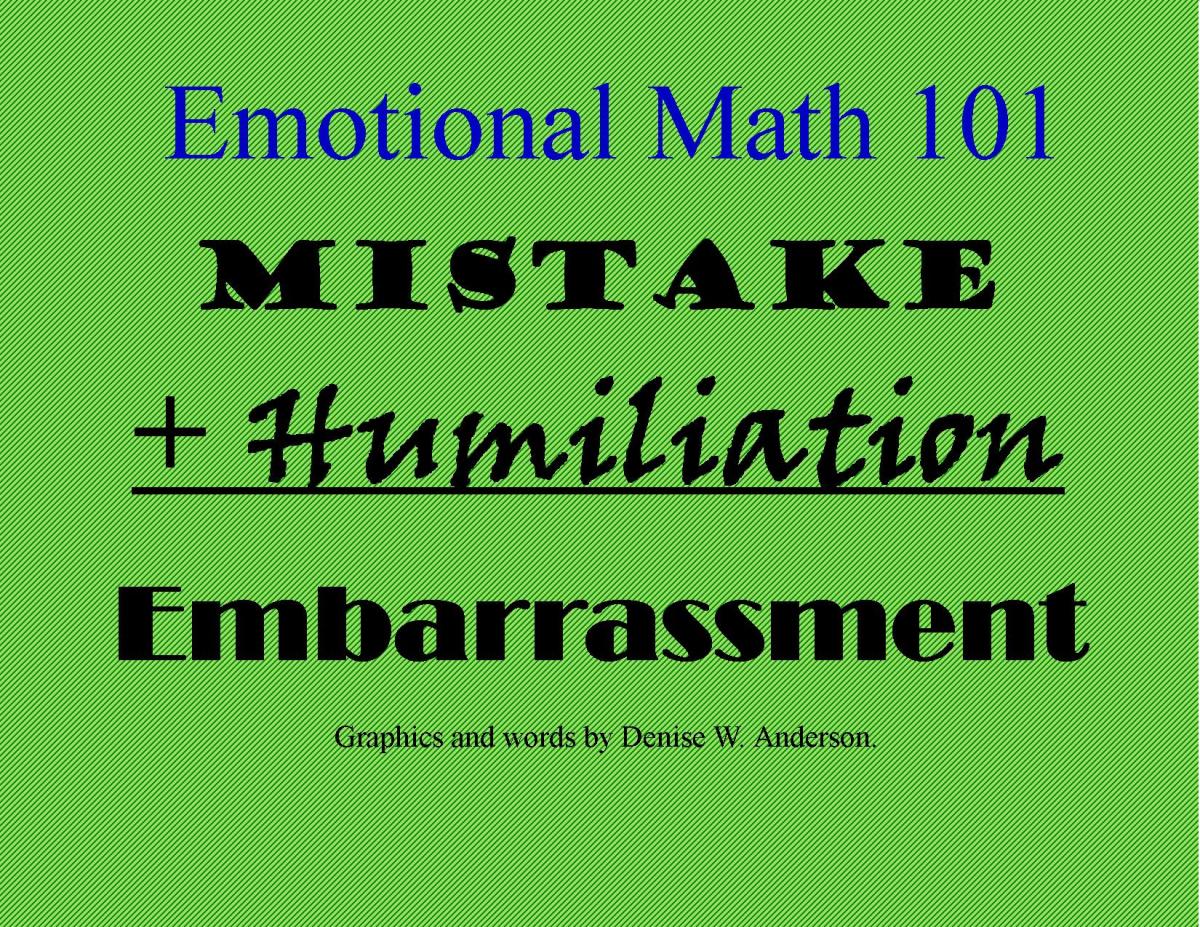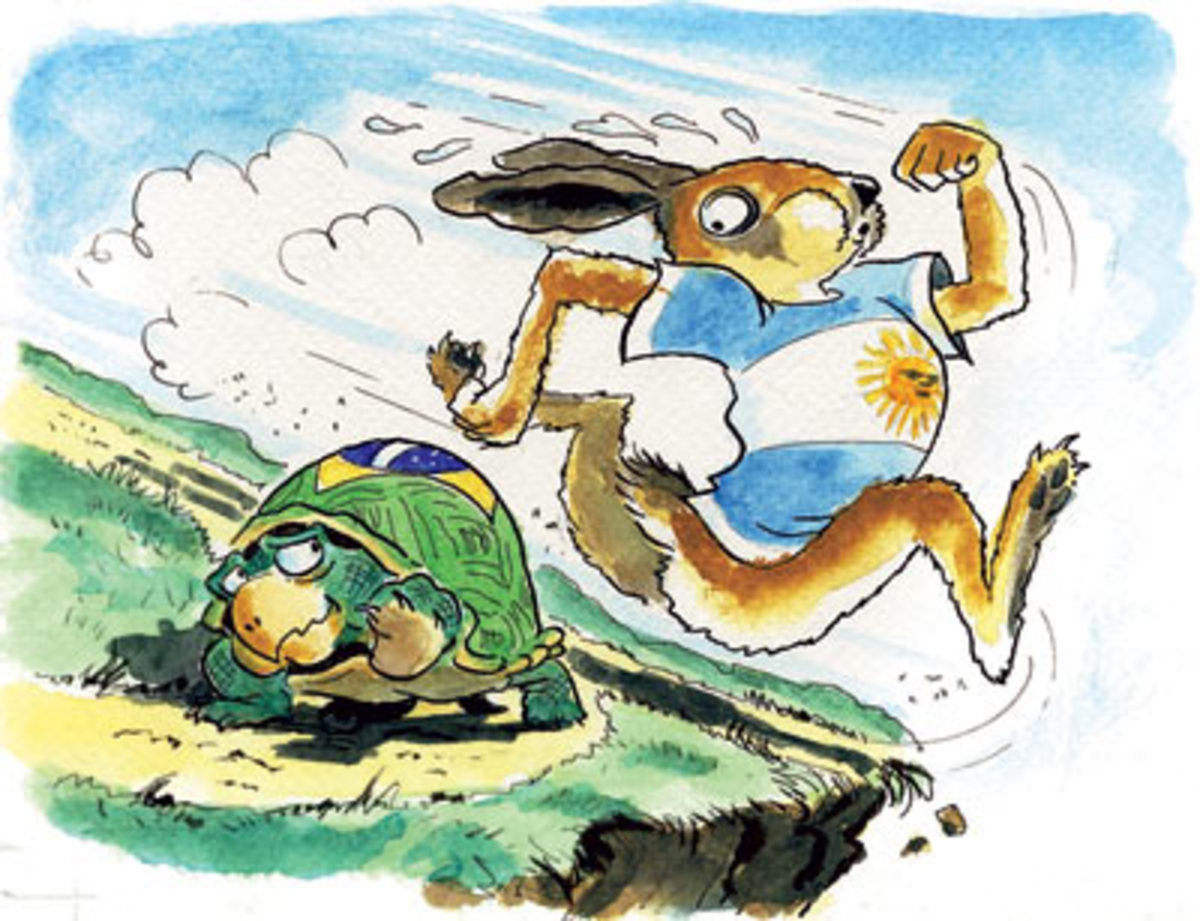Empty Nest Syndrome: Let Go, Mom!
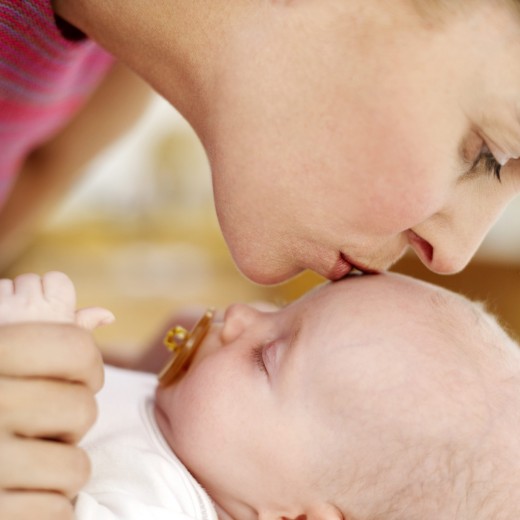
The Biological Connection
There is no job on earth as rewarding as being a mother. Being a dad is cool, too, but different. Moms are biologically programmed to love, love, love and love some more.
From the minute you hear those blessed words, "It's a boy and he scored a 9 on his Apgar test" and the nurse/midwife/birthing coach places him on your still heaving breast, you are bonded for life. Not only that, you fully understand what it means to love unconditionally.
Your little chick has hatched, your nest is feathered and comfy. Your life has a wonderful new purpose.
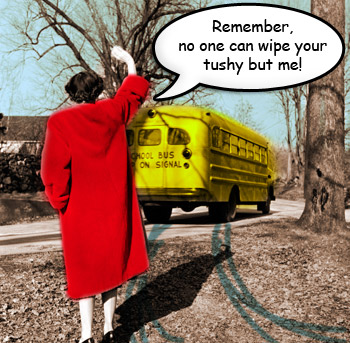
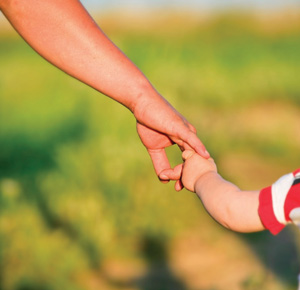
Nurturing Him/Neglecting Yourself
Okay, sure. Some of you mothers out there have help. Nannies or whatever. This hub is not directed at you. Then again, I suppose you can feel just as let down and lost when your child leaves home as the rest of us.
But let me get on with how this empty nest things builds up. Essentially, it takes years. About 18 to be exact.
We hear a lot about parents sacrificing for their kids. And it's true. To be a parent is to be subsumed into another person's life. It's sort of like being held hostage, but willingly.
The first major sacrifice we make as new mothers is SLEEP. That's ok, who really needs more than 3 hours a night anyway, right?
The next sacrifice we make is TIME.
It starts when our little darling first goes to daycare/preschool/kindergarden/elementary school. Each new phase exposes the child to a brand new set of evil germs. Which he duly carries home. So (lucky you!) you get to drop everything and nurse him back to health ... just in time to get sick yourself. I used to call my son "the little viper."
The TIME sacrifice soon shifts to nights and weekends. Your son starts playing sports. You get to pick him up after practice, often in the dark, in the cold. Then, on the weekends, you get to ferry him around to games and tournaments. You get to spend the night in C-level cities in C-level motels with noisy troops of players and their manic parents.
This commitment to being a soccer mom* pretty much takes over your social life, too. There's no point in trying to fight it. It is what it is.
*Feel free to substitute any other sport or activity that requires investment in equipment, uniforms and pizza parties.
Pulling/Pushing Away
The teen years arrive with their own set of challenges. Parenting is more difficult, because your previously adorable, sweet, wonderful child has been replaced by Linda Blair incarnate.
You try your best to do everything those public service ads tell you you should be doing: "Talk to your kids early and often about drugs/cigarettes/drinking/sex/the importance of suncreen and flossing."
Your child, however, has other ideas. And other, seemingly more expert sources for this information. Where you once had total control over your child's life, you now have zero control of most, if not all, of it.
Intellectually you know this is all natural and appropriate. He's "individuating" which means pulling away and becoming independent.
So why does it hurt so much? Why do you feel like somebody's punched you in the heart?
I finally understand the parents' perspective
The Physical Break/The Mental Breakdown
Then comes the day you've been setting up for all his life. He's old enough to live on his own. Whether this means heading off to college, enlisting in the armed services, or getting a job and an apartment, he no longer lives in your nest.
All those years you've been so busy pouring your life into his you forget to notice that you've poured your life into his.
Now, not every mother is this extreme. Many mothers are able to maintain balance. They manage to keep their identity intact while also raising their kids. If you are one of those mothers, I say bully for you. But tell me this: If you're so together, what are you doing reading this hub?
On the other end of the spectrum are women who literally fall apart. There really is a condition called "Empty Nester Syndrome." I'd always thought it was just a term like "Baby Boomers" "Snowbirds" or maybe even "Helicoptor Parents," but it's just as real and just as overwhelming as "Post-Partum Depression."
To the rest of us, who fall somewhere in the middle, I offer these five practical tips for getting past the grief and back in the groove:
From Empty Nest to Fulfilling Life
1. Reclaim Your Environment. It goes without saying you should redecorate your child's room. You don't need to make a shrine out of it. He's not dead. He just doesn't live in it anymore. It's in your house. Now that space belongs to you. Make it an office, a crafts room, a home gym, or at the very least, a guest room for guests other than him.
2. Get a Job, a Hobby or a Cause Use all that extra time and energy (not to mention spare cash) to do something rewarding, based on your personal interests. Helping others through volunteer work is another great use of time, and has the added benefit of lifting you out of yourself.
3.Travel. Adults-only vacations, what a concept!
4. Pamper Yourself. I know it's hard to justify "real" pampering when you've got kids at home. I'm not talking about an quick massage and a pedicure here. I mean full-on spa weekends (or weeks!). Or possibly even... dare I say it, a little nip/tuck?
5. Reinvent Yourself as a Mother. This suggestion is in the mode of "if you can't beat them, join them." Don't be shocked if you find yourself wanting to get pregnant again.Maybe you should! If that's not an option, consider adopting an older child, or becoming a foster parent or a mentor through Big Brothers/Big Sisters or a similar program.
If that seems too extreme, you can always get yourself a cute little
fur baby!

This song makes me cry
This one was so funny I had to include it!
- Rainy summer causes a severe case of empty nest syndrome - Times Online
Blue tits and great tits suffered their worst breeding season on record because of the cold, wet summer, the British Trust for Ornithology has said.
An entire website just for us EN'ers
- What Is Empty Nest Syndrome?
Empty Nest Moms website is for all of you moms out there who are feeling the empty nest blues since the children have all become adults and left home to start their own new lives. To help with that empty nest syndrome, read stories/articles from othe






